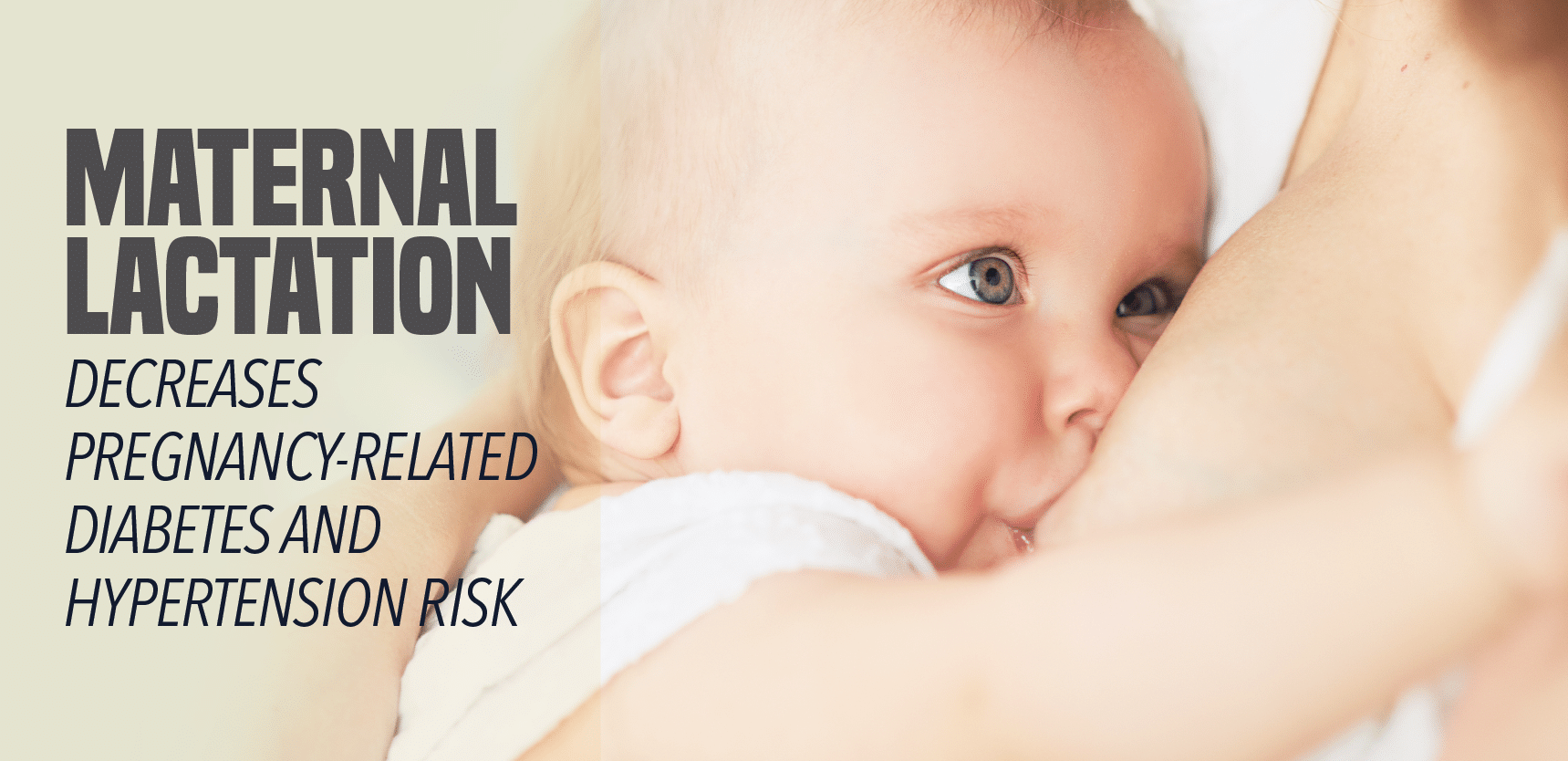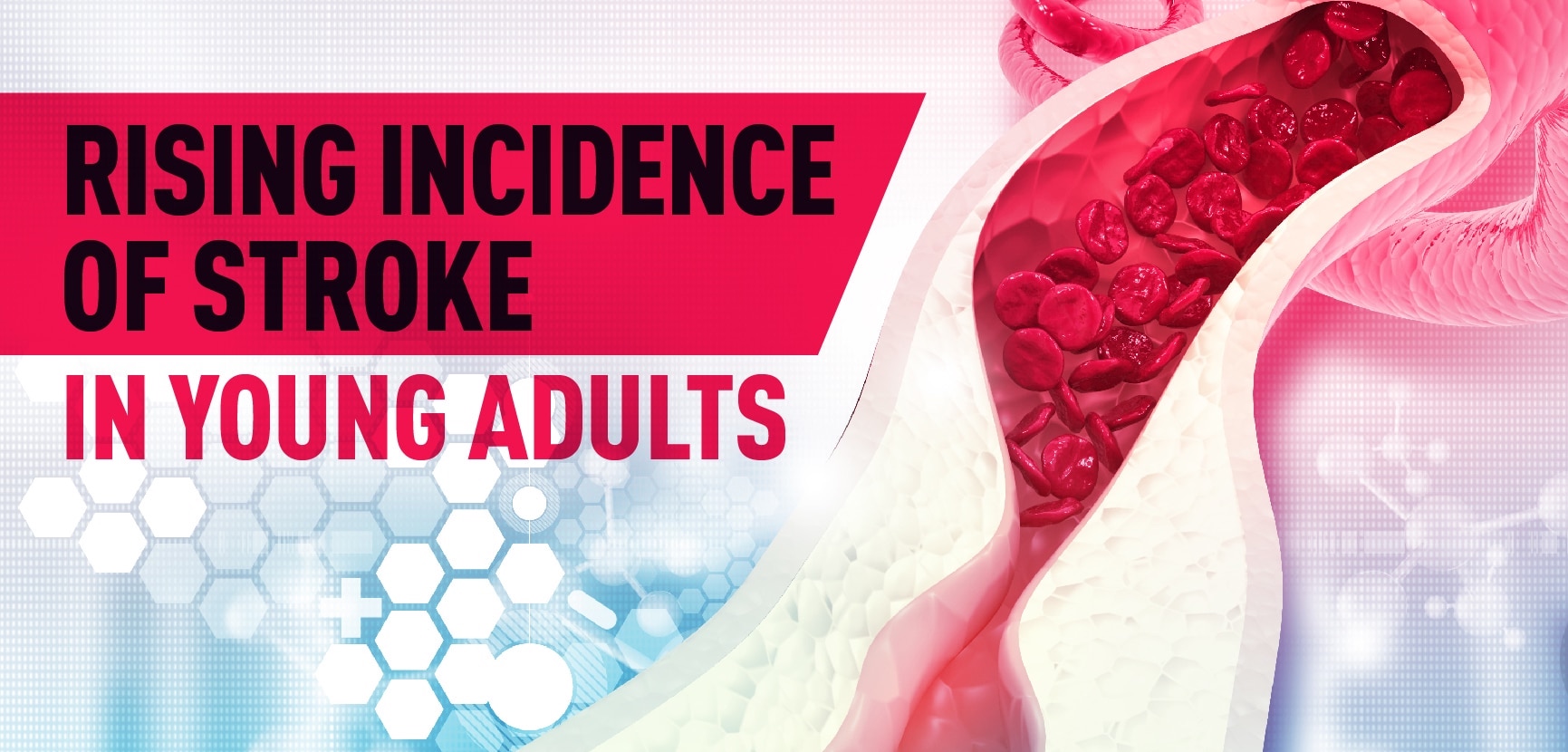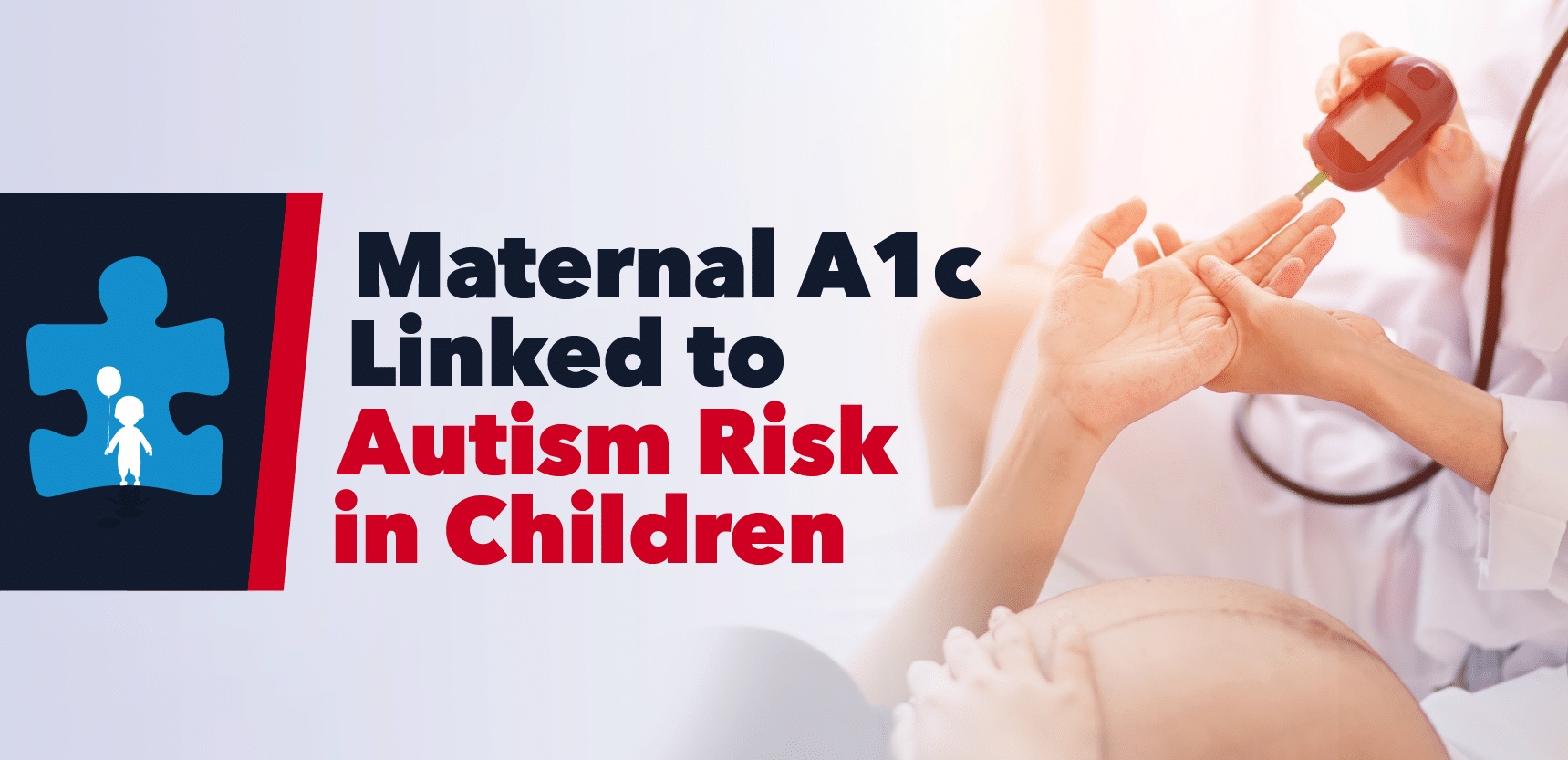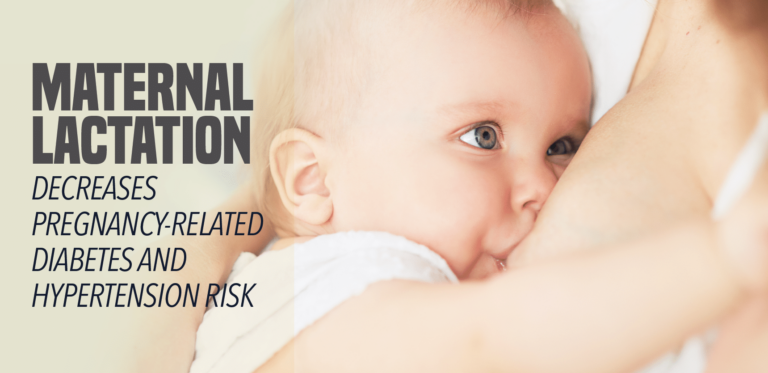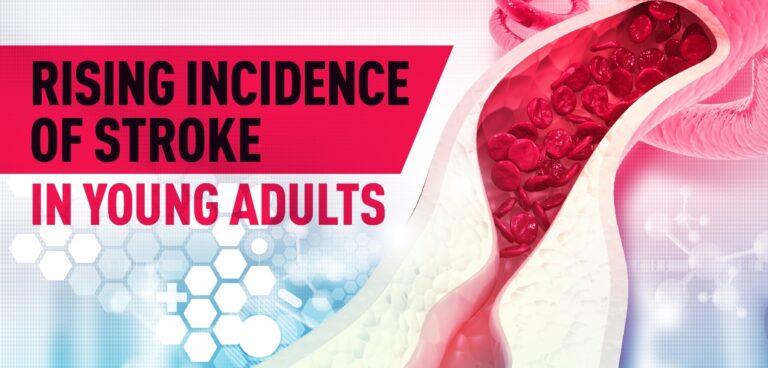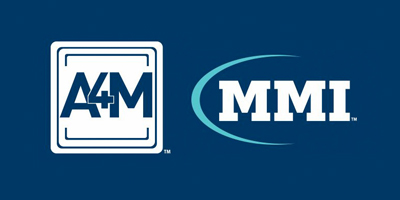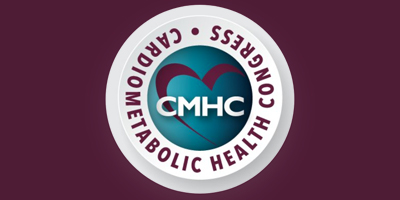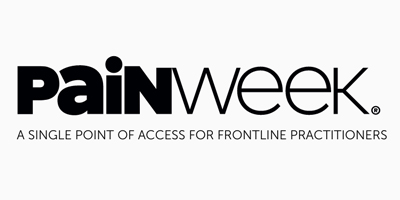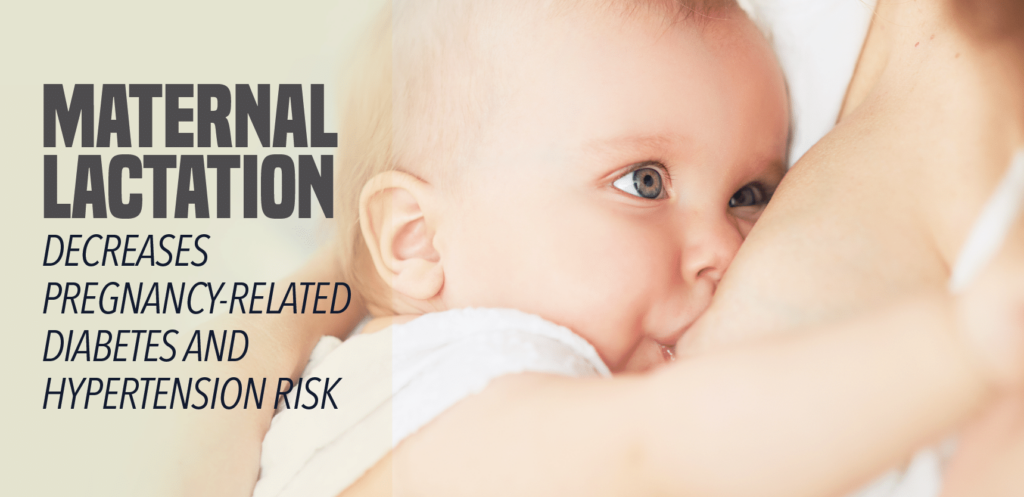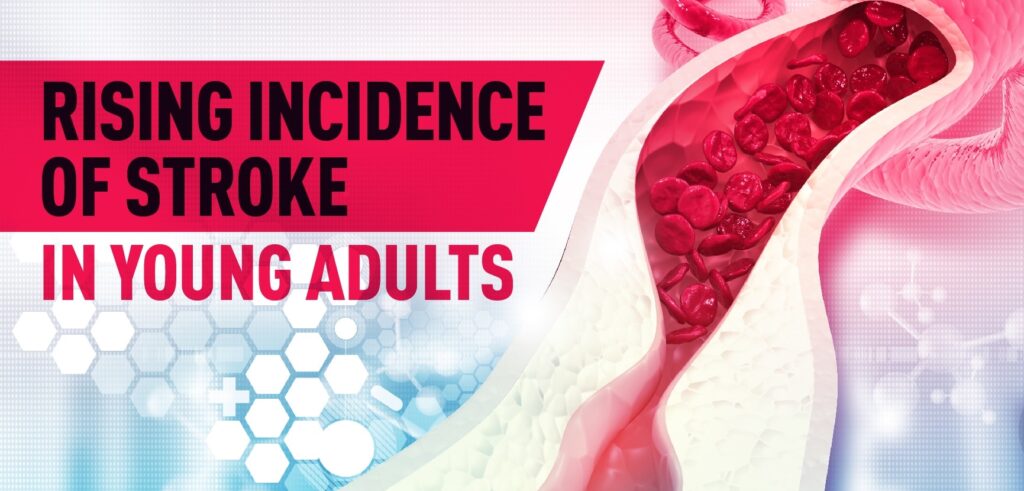Some patients with infantile hemangioma ulceration may have prolonged healing times, and larger hemangioma size may be a poor prognostic factor for time to heal, according to research published in JAMA Dermatology.
“Ulceration is a common complication of infantile hemangiomas (IHs) and can result in significant morbidities including pain, bleeding, risk for infection, functional impairment and scarring,” Esteban Fernandez Faith, MD, of Nationwide Children’s Hospital, The Ohio State University College of Medicine, and colleagues wrote. “The pathogenesis of IH ulceration is poorly understood; evidence regarding optimal management is lacking.”
In a retrospective, multicenter cohort study, researchers examined 436 patients (median age at ulceration 13.7 weeks, 75% girls) with a clinical diagnosis of ulcerated IH to investigate time to heal as it associates with different treatment regimens. Analysis further included local intervention (wound care and topical), systemic intervention (beta-blocker and corticosteroids) and procedural intervention (pulsed dye laser).
Study results showed a median heal time of 4.79 weeks (95% CI, 3.71-5.86 weeks) with wound care alone, 5.14 weeks (95% CI, 4.57-6 weeks) with topical timolol, 6.36 weeks (95% CI, 5.57-8 weeks) with a systemic beta-blocker and 7.71 weeks (95% CI, 6.71-10.14 weeks) with multimodal therapy.
Further analysis showed propranolol dose less than or equal to 1 mg/kg per day was associated with a shorter time to heal compared with a propranolol dose greater than 1 mg/kg per day (HR = 2.04; 95% CI, 1.11-3.73; P = .02). The researchers said increasing IH size led to longer ulceration time to heal.
“Although infants benefit from beta-blocker therapy in managing IHs, many continue to experience prolonged healing times. For IHs requiring systemic therapy, low-dose propranolol ( 1 mg/kg/d) should be considered as an initial approach to IH ulceration, with slow upward titration of the dose to provide the known benefits for IH proliferation, ideally after healing is well underway,” Faith and colleagues wrote. “Controlled prospective trials are needed to examine dosing regimens and other aspects of ulcerated IH management to help improve outcomes for this significant complication of IH.”


